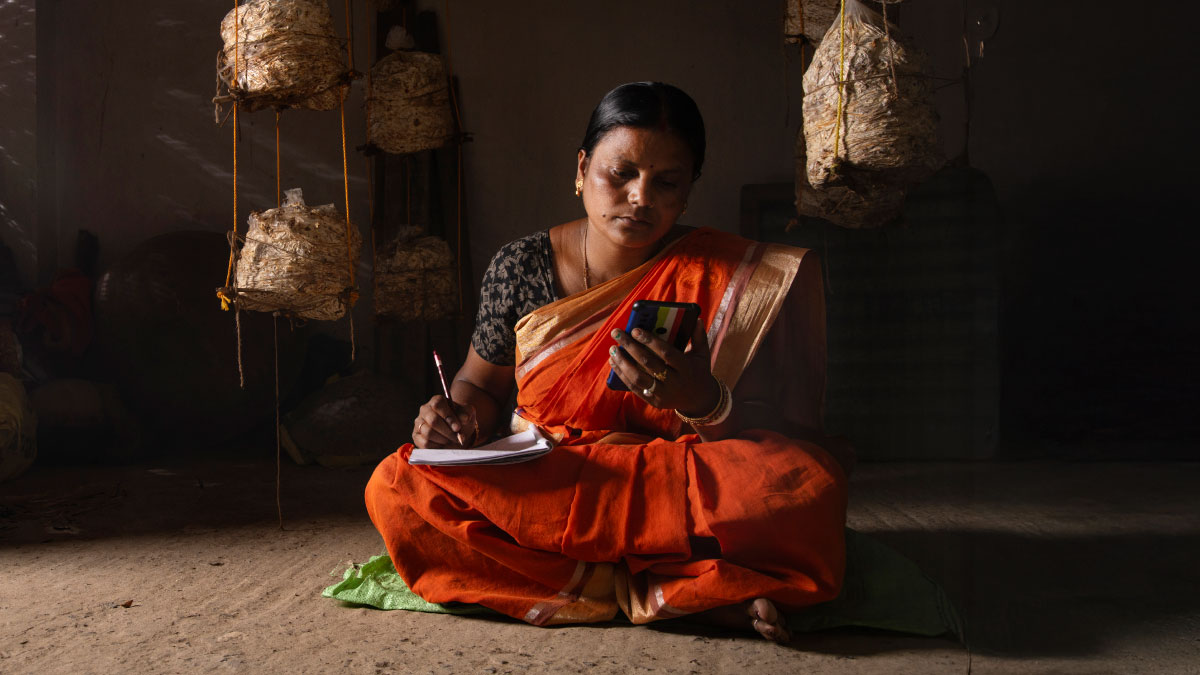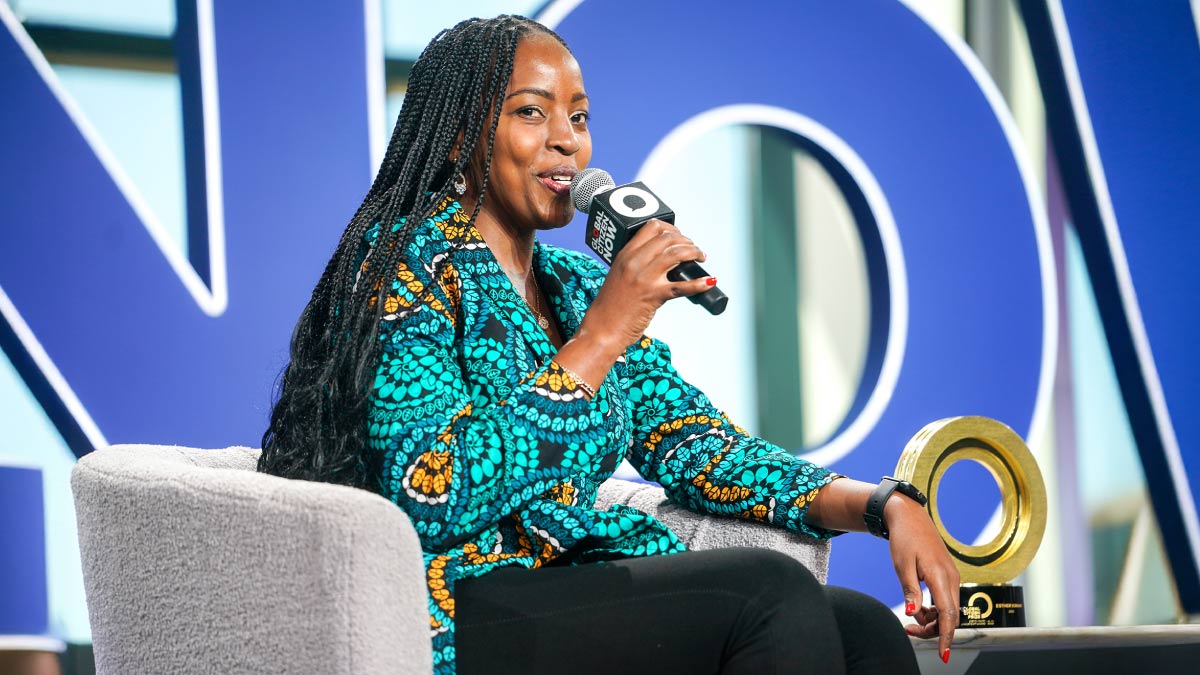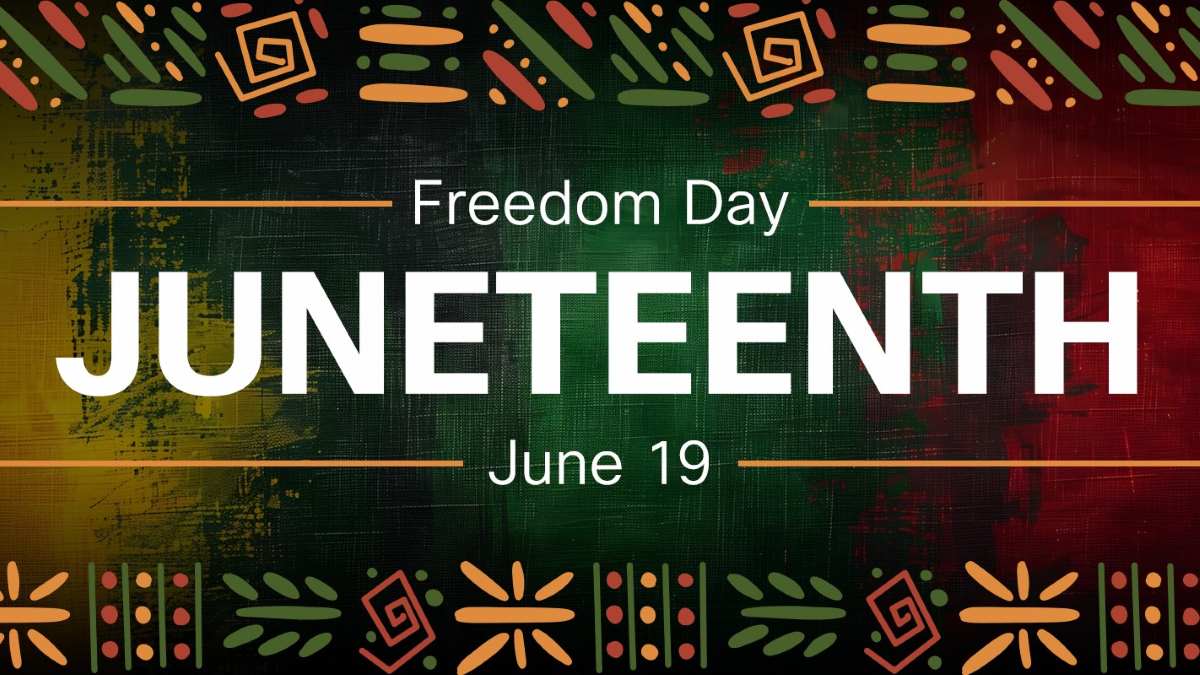How technology is being used to maximize the food rescue process
Replate, a nonprofit with a mission to reduce food insecurity, uses a tech platform to schedule on-demand pickups for their surplus food.
This is a post by Stacey Faucett.
Based in Oakland, California, Replate is a tech nonprofit with a mission to reduce food waste and food insecurity through its food recovery system. Both donating businesses and nonprofit recipients use Replate’s technology platform to either schedule on-demand pickups for their surplus food or delivery of those meals to people experiencing food insecurity.
At the heart of Replate is its CEO and founder, Maen Mahfoud. Originally from Syria, Maen lived in the Middle East before moving to the United States twelve years ago. His mom was a significant source of inspiration when it came to giving back. “While growing up, my mom used to cook a lot of Syrian food and delicious Mediterranean food,” Maen shared. “She asked my brother and me to use our bikes to deliver meals to our neighbors in need during lunchtime.”
When Maen came to the United States to study medicine at the University of California, Berkeley, he was shocked to see the poverty and hunger that pervades the Bay Area. When he learned that the United States wastes 40 percent of the food produced and saw so many people struggling to get a meal, he knew he wanted to help. Maen recognized that food waste is a solvable problem, and what people consider “waste” is often still edible and nutritious food. “I recalled how my brother and I used to deliver food as kids, and I asked myself why we couldn’t do that here,” Maen noted.
See also: Reducing food waste and food insecurity one meal at a time
Maen started to take some food from cafeterias and local restaurants in the East Bay. Afterward, he made deliveries to people experiencing food insecurity. “I could see the tremendous impact right away. I was volunteering at first, and then, when I recruited some smart students around me, we built more of an automated platform to connect food donors with food recipients and increase our impact,” said Maen. Since Replate was founded in 2016, they recovered 2.7 million pounds of food, delivered 2.28 million meals, and created 48 meaningful jobs. They also have been able to mitigate climate change since surplus food that ends up in a landfill emits methane and wastes resources like water, land, and labor. Replate has saved 748 million gallons of water so far and diverted 5.6 million pounds of CO2. Replate is continually expanding and is available in 28 locations across the United States and Toronto, Canada.
Replate’s Food Rescuers pick up surplus food from donors and drop off the food to people of all ages and backgrounds who are experiencing food insecurity. Not only are they providing support for people in their community, but Food Rescuers all earn $20/hour or more.
Cisco’s offices in San Francisco have been Replate food donors for many years, and Cisco has provided cash grants to help Replate develop additional functionality to its platform.
In response to the business shutdowns that began in March, Replate adapted its platform and expanded its partnerships to meet the country's changing needs. Replate is now picking up food from restaurants, farmers' markets, and caterers and delivering to food relief organizations, shelters, and individuals directly.
Their online platform automates many parts of the food rescue process; through their matching program, Replate provided 50,000 meals in New York, San Francisco, Los Angeles, and Chicago in the month of April. However, they reached a plateau in terms of automation in the dispatching process when it came to matching donors to recipients. Replate needed to adapt its platform and scale its response activities to meet the growing need.
See also: Our Inclusive Future podcast- Mercy Corps: Episode 3
That’s when Cisco saw an opportunity to help Replate address the growing need to combat food insecurity as many people lost their jobs or steady sources of income. “We saw how quickly Replate was able to pivot to respond to the shifting landscape of food donors and increased need for food assistance, and the critical role that their technology played in connecting surplus food to those that needed it,” said Erin Connor, critical human needs portfolio manager for Cisco and the Cisco Foundation. “By investing in Replate’s platform, we could help them increase efficiencies to better support communities during the pandemic, while also building the infrastructure needed to scale and sustain their programs long term.”
In May, Cisco and the Cisco Foundation donated $1.2 million to Replate to expand their food recovery services. They are using some of the funding from Cisco to improve the matching algorithm. It will help them automatically match surplus food sources to the best food rescuer from their fleet for that particular pickup, and then match that food with the most appropriate recipient partner.
Maen shared, “We are grateful to Cisco for their support because they believe in the system we are creating. They are helping us build a product that will make us ready for the next crisis and help us distribute food in the most efficient way possible.”
So how does the Replate platform work?
- Request a pickup or sign-up to receive food drop-offs. From your dashboard you can select a day and time that works best for you.
- The Operations Team makes a match with input from the platform. Meals are matched with the appropriate recipient.
- Track your driver. A Food Rescuer will retrieve and deliver your food donation.
- Recipient receives meals. They can also specify dietary needs, such as kosher or halal.
- Donors can see their impact. You can track your social and environmental impact through your personalized dashboard.
Replate is also piloting bringing food directly to recipients at home because shelters, soup kitchens, and other nonprofits have changed how they need to serve their constituents. They are piloting this new model with about 175 homes, mostly seniors and individuals who used to go to food banks and other agencies for assistance, but are unable to right now.
###
We welcome the re-use, republication, and distribution of "The Network" content. Please credit us with the following information: Used with the permission of http://thenetwork.cisco.com/.


